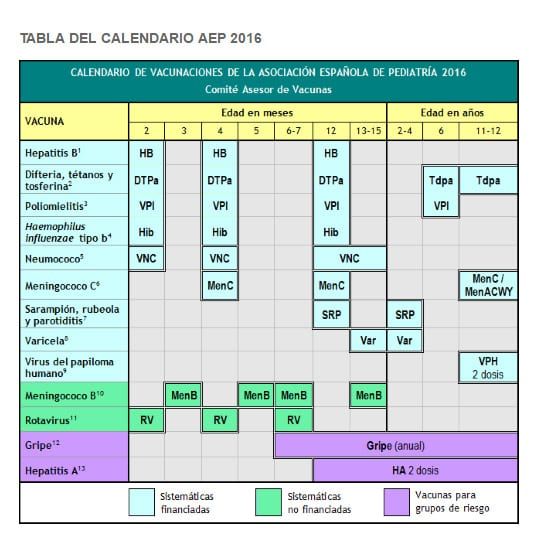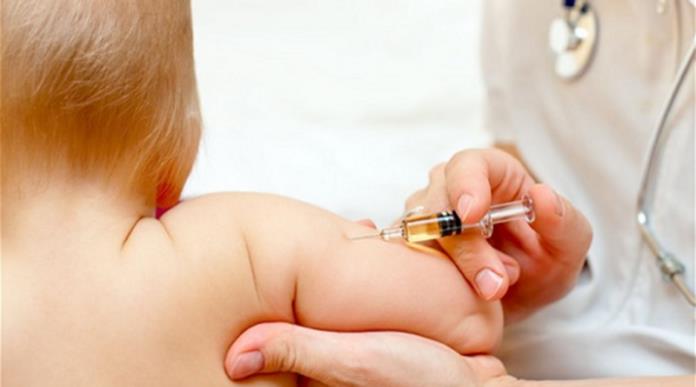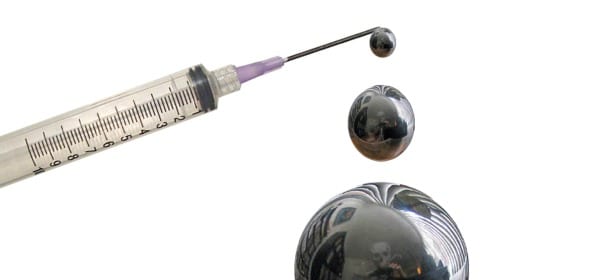
Vaccines must be effective and safe and with prior individual genetic analysis.
Vaccines are medicines, i.e. they are made from non-harmless substances and should be used only in case of real need. In theory, they work very simply: they are pharmacological preparations which, once inside the body, trigger the production of antibodies and thus a defence response to pathogenic micro-organisms. This response generates a certain immune memory and temporarily protects against the attack of the corresponding virus.

But, Is it known how many vaccines a human organism can withstand? Have studies been done on this? The answer is that hardly anyone has bothered about itand that is essential
Vaccines are being used massively and systematically, without checking case by case, person by person, which ones are necessary and effective and safe.. We do not all react in the same way to a vaccine, which is why genetic testing of each person would be necessary before vaccination could begin.This would give us a lot of information about the possible failures, the possible autoimmune reactions, of your body to that vaccine.
Researchers such as Dr Yehuda Shoenfeld, director of the Zabludowicz Centre in Tel Aviv, Israel, are documenting the existence of ASIA, an autoimmune inflammatory syndrome triggered by adjuvants. According to these studies, a person's genetics may predispose to the development of an autoimmune disease or autoinflammatory syndrome, but it is an external environmental factor, the exposome, that triggers the response. So the conclusion is that having a favourable genetic background is a requirement to be considered before vaccination, as health journalist Miguel Jara explains in his book Vacunas, las justas.
The vaccination calendar: Calendar of the Spanish Association of Paediatrics 2016.
According to the Spanish Association of Paediatrics calendar 2016The following vaccines are included:
- Hepatitis B (3 doses)
- Diphtheria, tetanus and pertussis (5 doses)
- Poliomyelitis: (4 doses)
- Haemophilus influenzae type b: 3 doses
- Pneumococcus: 4 doses
- Measles, mumps and rubella: 2 doses
- Chickenpox: 2 doses
- Human papillomavirus: 2 doses
These are the systematically funded ones, the ones that all children in Spain receive universally.
Then there are the systematic non-funded ones, whose priority is established according to the economic possibilities of their public funding. These are:
- Meningococcal B_ 4 doses
- Rotavirus - 3 doses
And finally, there are those aimed at risk groups:
- Influenza: 1 per year
- Hepatitis A: 2 doses
If the entire schedule is adhered to, that's 35 doses, 35 punctures.
As Miguel Jara, quoted above, states, part of the vaccines included in this schedule are in questionThe most common diseases are meningococcus C, pneumococcus, mumps, human papillomavirus, rotavirus, chicken pox and influenza.
It is good that vaccines exist, but they must be of high quality and not have a programmed obsolescence in order to multiply their doses ad infinitum.
For example, in the case of the Hepatitis B vaccine, which is given to the child in 3 doses, there is never a control after the first vaccination to see if the child has generated sufficient antibodies.. If it has generated them, re-vaccination is not necessary, and over-stimulating the immune system will sooner or later have negative consequences.
Can the DTaP vaccine cause autism?
According to the 7 April 2016 HealthAwareness publication, the FDA's online journal BiologicsBloodVaccines, in the Diphtheria, tetanus toxoid and acellular pertussis (DTaP) vaccine insert information for Sanofi Pasteur in the Adverse Reactions section, which runs from page 6 to page 11, states the admission that. DTaP caused autism "during the post-approval use of the Tripedia vaccine". (p. 11) SoWhy all these denials that a vaccine does not or cannot cause autism?
Vaccine adjuvants: aluminium
Aluminium is toxic to the nervous system.. There are vaccines that need a booster of their activity, and as we said at the beginning there is scientific literature documenting the existence of a syndrome called ASIA o Autoimmune Inflammatory Syndrome caused by adjuvants. This syndrome would be the set of harms produced or aggravated by adjuvants or immune enhancers contained in vaccines.

And finally, we will see that there are vaccines that contain aluminium (and before that, mercury). According to recent research by Professor Christopher Exley, currently there are two main aluminium adjuvants commonly used in today's vaccines. It is about AlHydrogela semi-crystalline form (boehmite) of aluminium oxyhydroxide, and AdjuPhos, an amorphous salt of aluminium hydroxyphosphate. The sulphate salt of the latter is also mentioned as a component of an adjuvant system used in HPV vaccinations. AlHydrogel™ and AdjuPhos™ are commonly known as clinically approved aluminium adjuvants, yet this is not the case.
The incidence of autoimmune diseases and autism in young children and aluminium toxicity is becoming increasingly common, and no other source of aluminium than vaccines has been found.

